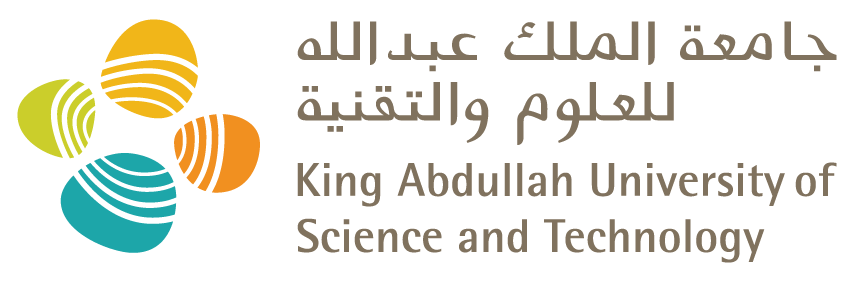Advanced satellite monitoring of Middle East’s ecosystems and oceans
First-of-its-kind satellite aims to collect high-resolution data to enhance understanding and monitoring of terrestrial and ocean ecosystems.
![]()

About KAUST
KAUST (King Abdullah University of Science & Technology) has partnered with Spire Global, a provider of space-based data, analytics, and space services, to launch a collaborative satellite mission to collect high-resolution data across global terrestrial, coastal, and ocean ecosystems. The objective is to enhance the understanding and monitoring of terrestrial and ocean ecosystems to help protect and manage the environment and ecosystems, which are under increasing pressure from the effects of climate change. The satellite will use a hyperspectral camera with advanced on-board processing capabilities in combination with Spire’s Global Navigation Satellite System-Reflectometry (GNSS-R) sensor payload that will collect soil moisture intelligence. The data collected will allow KAUST researchers to compile and analyse high-resolution imagery that can be used for mapping terrestrial habitats, monitoring vegetation health and condition, exploring coastal ecosystems and coral reefs, and advancing agro-ecological research, among other Earth and environmental science applications. The mission is based on a 6U nanosatellite, which will provide the tools to monitor local change at a global scale and deliver the information needed to respond to these in a timely manner. The collaboration between KAUST and Spire demonstrates the potential of novel satellite platforms that can combine and leverage complementary sensors to deliver new insights across diverse ecosystems, ultimately benefiting Earth’s environments.
Challenge
As the impact of climate change continues to grow, the demand for accurate and up-to-date information has never been more urgent.The future of water and food security for many nations is dependent on the ability to optimise crop health and irrigation systems. The availability of timely and reliable data is now a vital component in meeting this challenge.
Solution
KAUST has partnered with Spire Global to launch a satellite mission that will collect high-resolution data to monitor terrestrial, coastal, and ocean ecosystems. The satellite will use a hyperspectral camera and Spire’s GNSS-R sensor payload to collect soil moisture intelligence. The data collected will be used for mapping terrestrial habitats, monitoring vegetation health, exploring coastal ecosystems, and advancing agro-ecological research. The GNSS-R instrument is particularly novel due to its form factor, processing 4 GNSS constellations to deliver up to 32 simultaneous reflection measurements. The KAUST satellite will use this payload and hyperspectral instrument to collect the intelligence needed to fulfil its objectives in supporting multiple domains across agriculture, forestry, and land management.
Results
The collaboration between KAUST and Spire Global has resulted in a cutting-edge mission to collect high-quality and high-resolution data across global terrestrial, coastal, and ocean ecosystems. The satellite platform developed will combine hyperspectral camera and GNSS-R sensor payload capabilities to deliver new insights across diverse ecosystems, ultimately benefiting Earth’s environments. KAUST has benefited from Spire’s ‘Space As A Service’ (SPaaS) model, which provides cost-effective subscription-based satellite deployment and scaling. The 6U nanosatellite developed for the mission will not only monitor local changes at a global scale but also deliver the necessary information to respond to these changes timely.